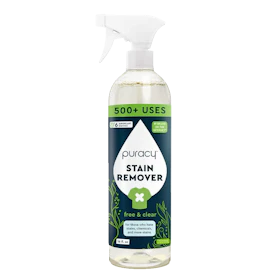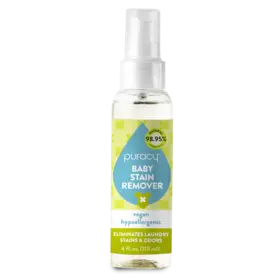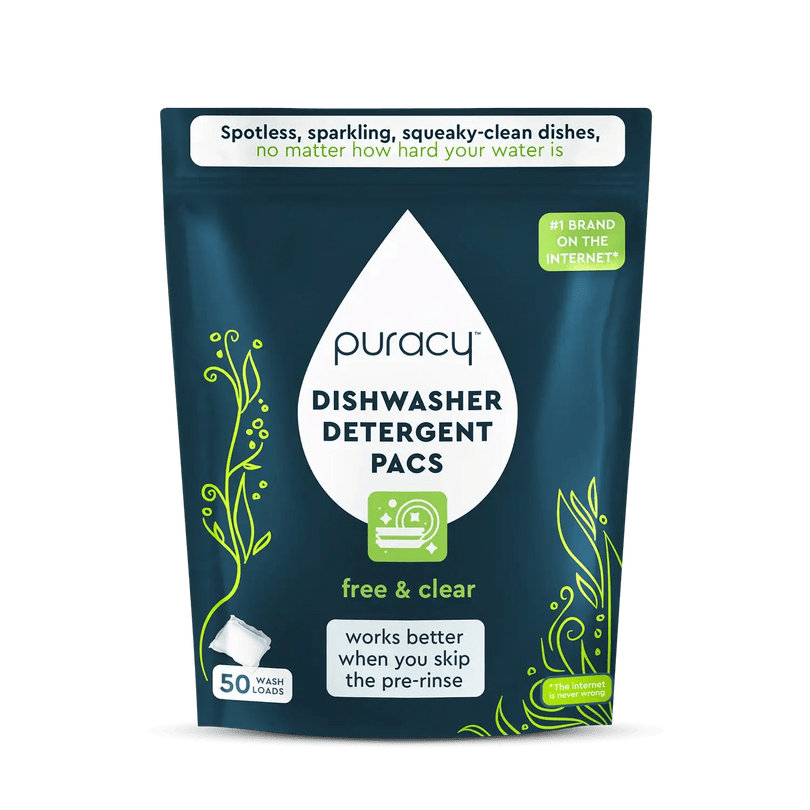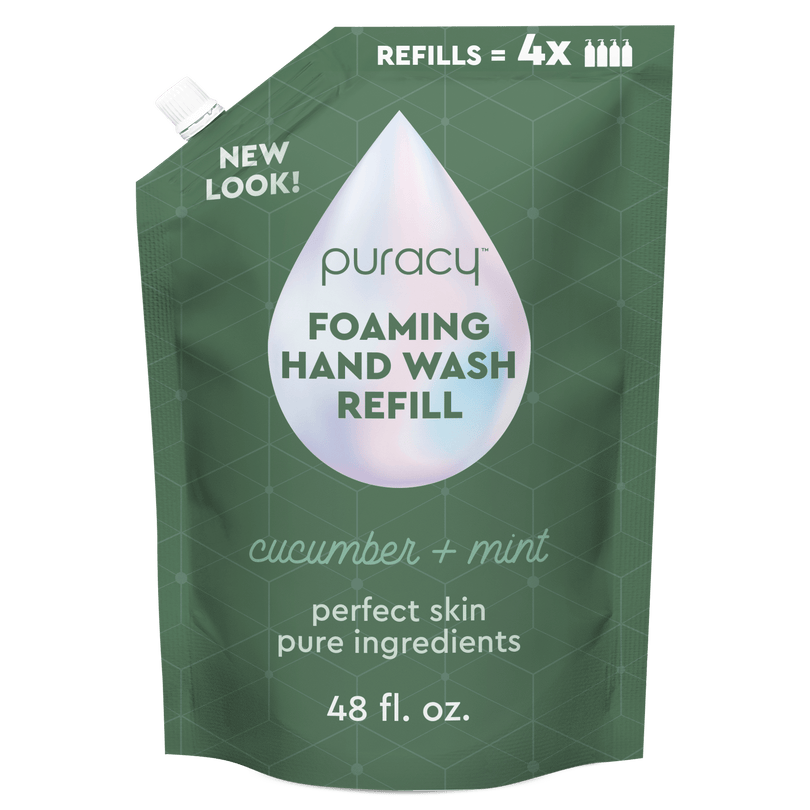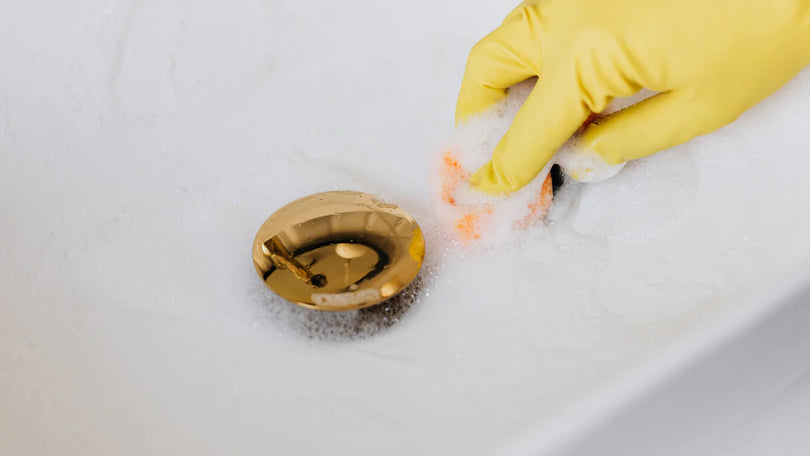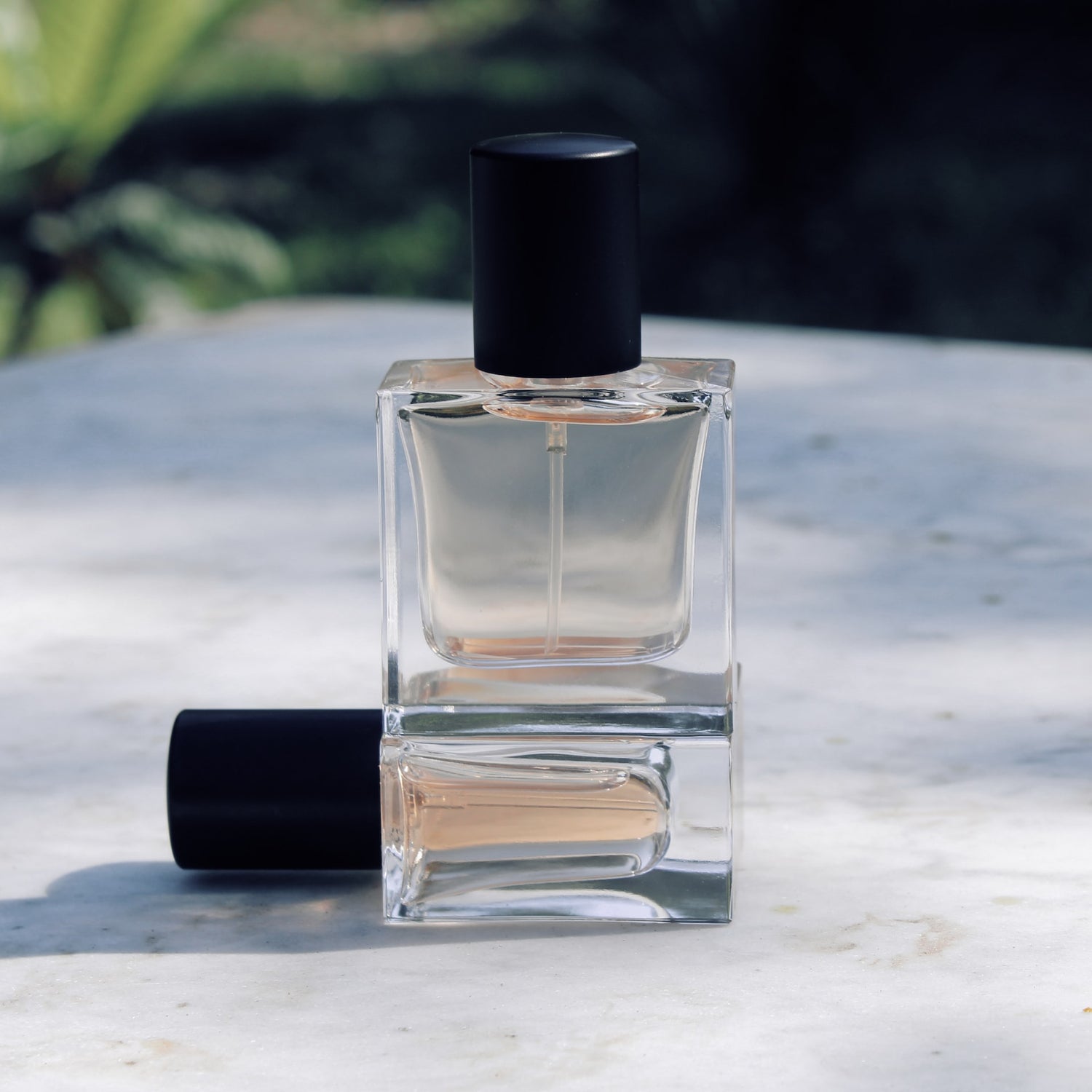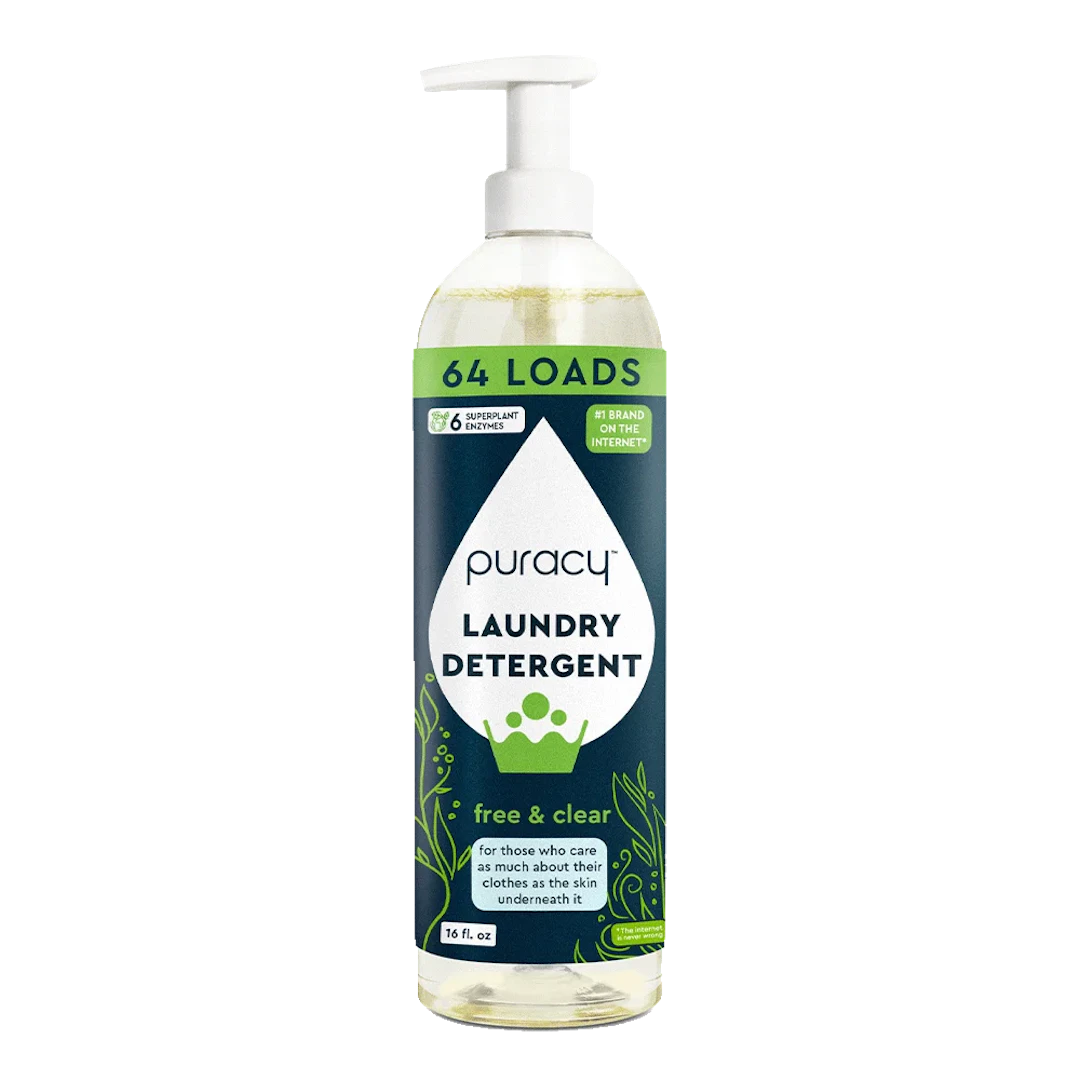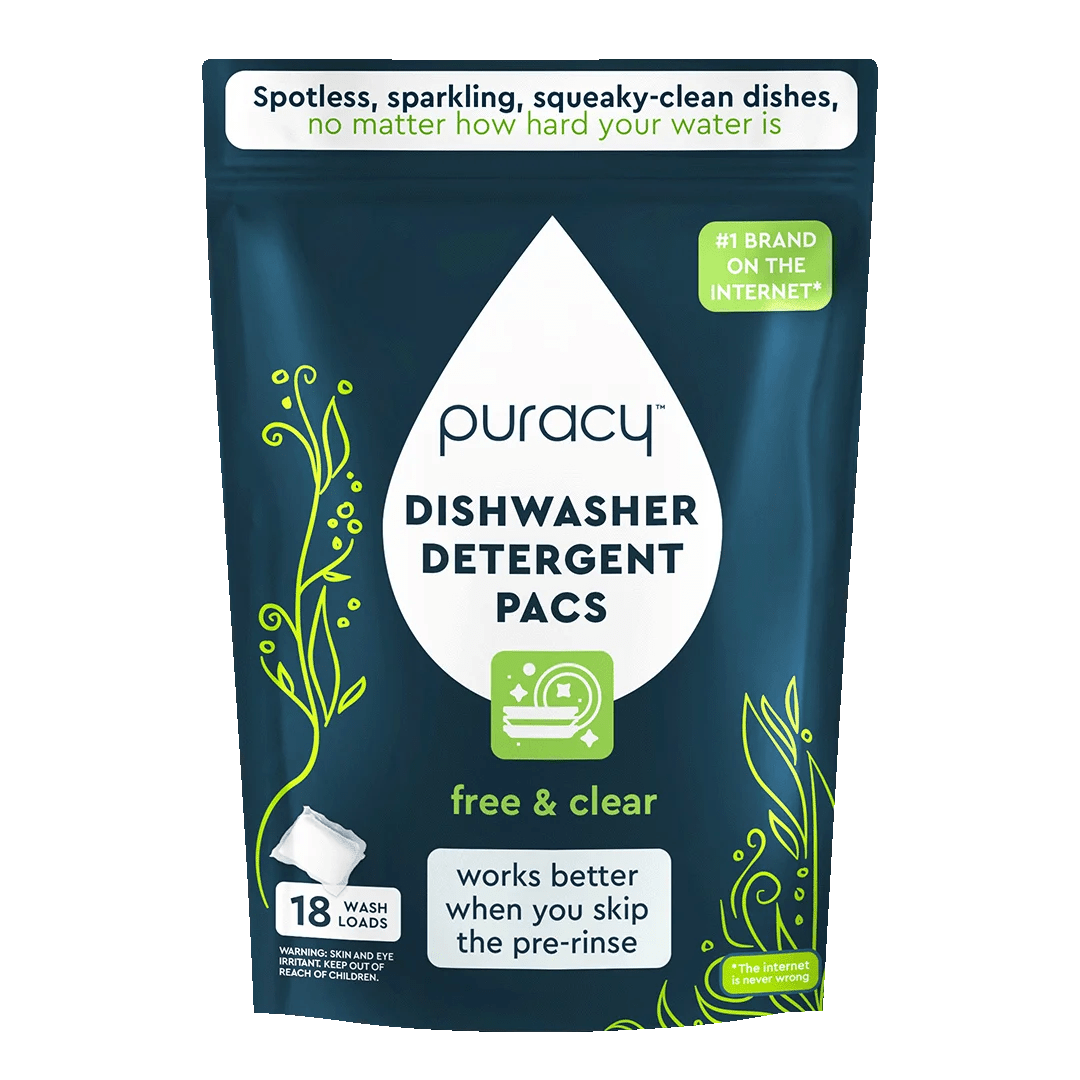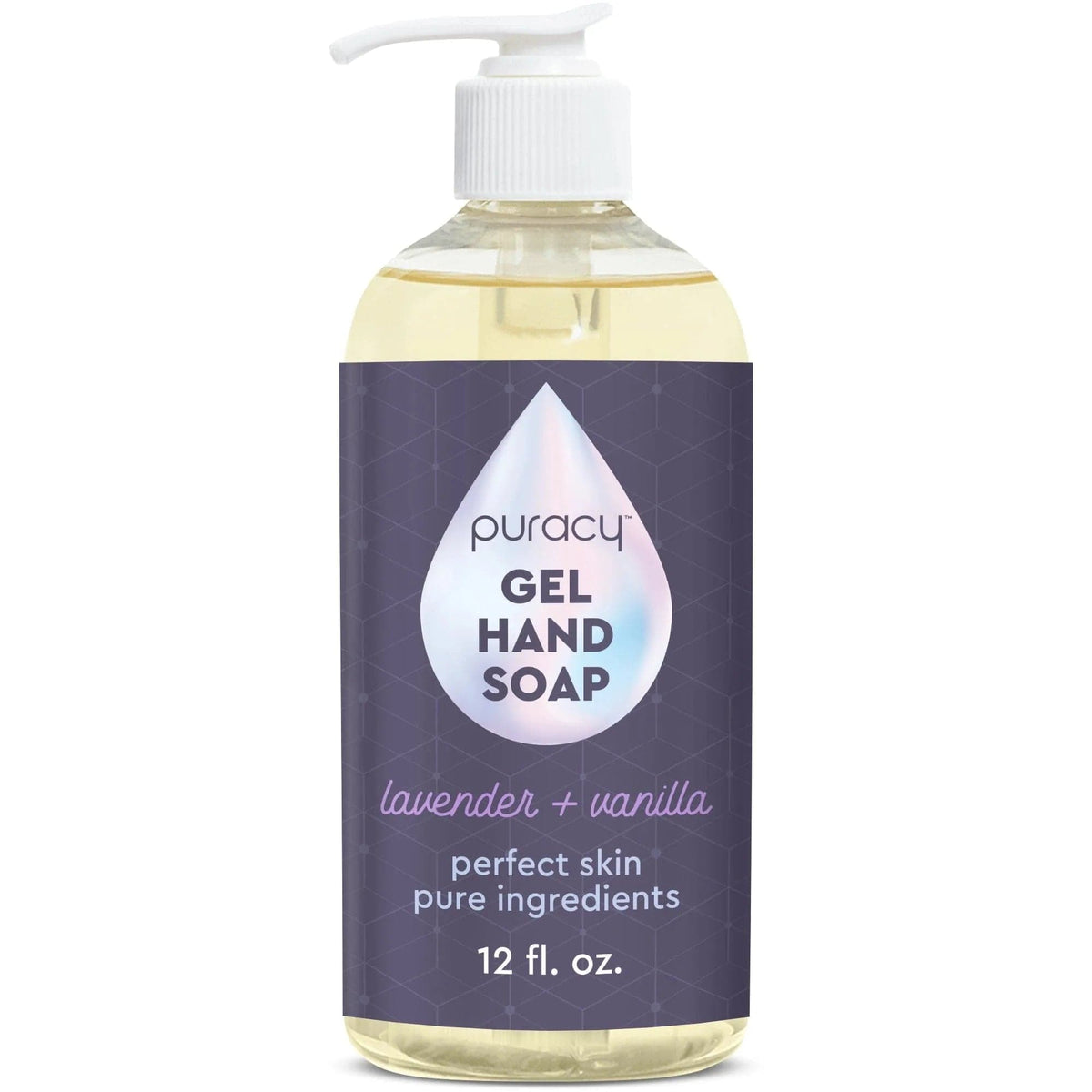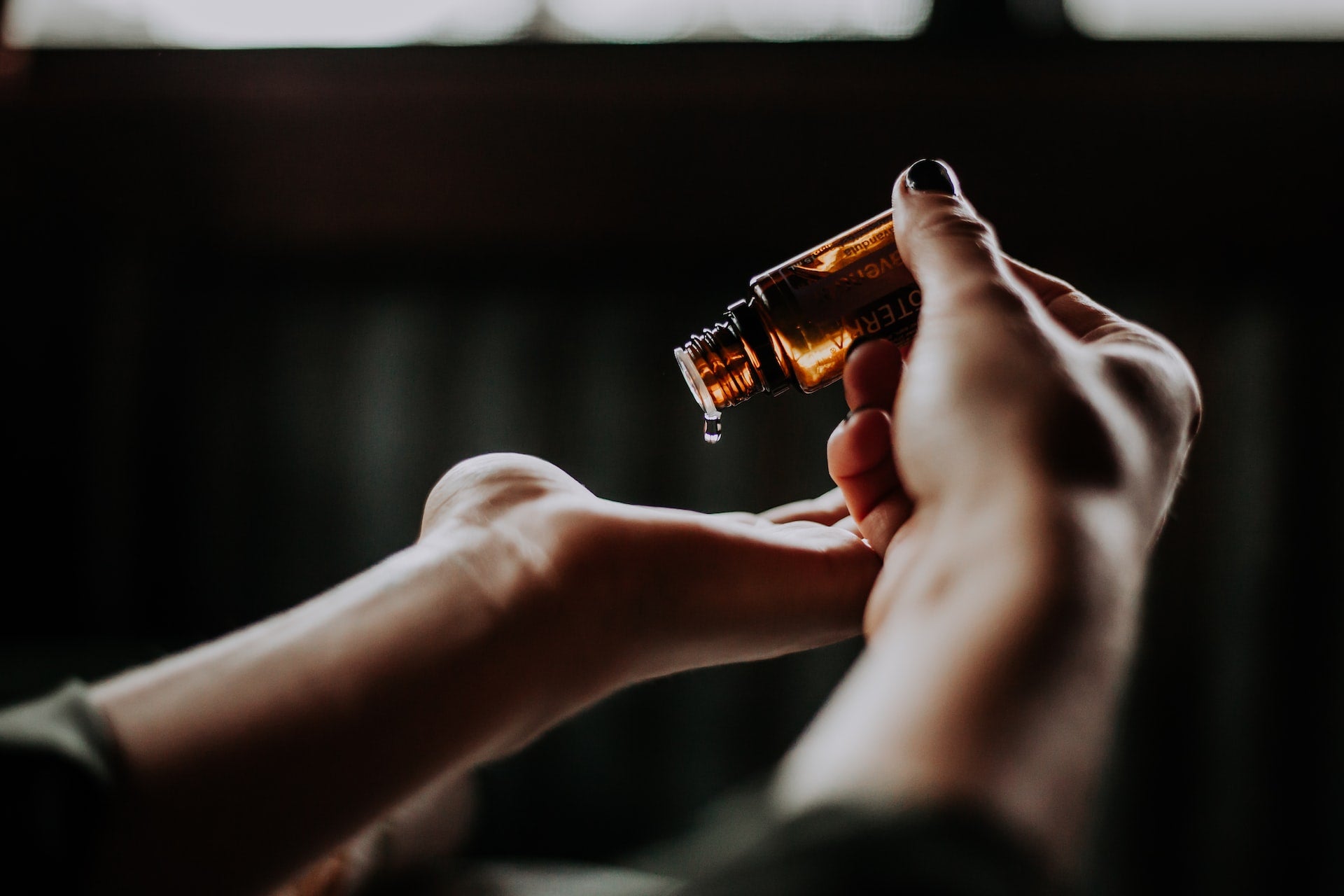Ever caught a whiff of a perfume that made you sneeze uncontrollably or left you with an unexplainable headache? If so, you might be one of the many individuals grappling with fragrance or perfume allergies. Learn about fragrance allergies, exploring whether they're real, how they manifest, who's prone to them, and most importantly, how to navigate a world saturated with scents.
Can Fragrances Trigger an Allergy?

In a nutshell, yes. Fragrance allergy is more common than you might think, affecting around 1% of adults and 1.8% of children and adolescents. Surprisingly, fragrance allergy ranks second only to nickel allergy as a cause of allergic contact dermatitis. So, if you've ever wondered whether that lingering scent could be causing your skin troubles, the answer might be yes.
Puracy product that helps!




Laundry Essentials Bundle
What’s A Fragrance Allergy? How Does it Manifest?
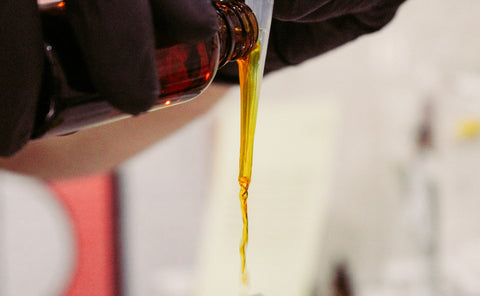
Imagine scaly, red plaques on your skin, accompanied by swelling, vesicles, and bullae. That's the calling card of fragrance allergy. Continuous exposure to the allergen can escalate into chronic dermatitis, complete with lichenification and excoriation. Translation: it gets itchy, and it might burn or sting a bit too.
Symptoms of Fragrance Allergies

The effects of fragrance allergies go beyond skin deep. Brace yourself for headaches, difficulty breathing, wheezing, and a tight chest. If you're an asthma sufferer, fragrance exposure might just throw fuel on that fire. Your nose won't escape either – get ready for a runny, stuffy companion.
Areas Affected by Fragrance Allergy and Causes
Where does the battle against fragrance allergies unfold? Including your skin, your respiratory system, your head, the effects can manifest in various ways. The culprits are the chemicals hidden behind the term "fragrance" on your product labels. These can include a mishmash of potentially irritating substances. Identifying the specific villain can be as tricky as finding a needle in a haystack, but awareness is the first step in this fragrance maze.

